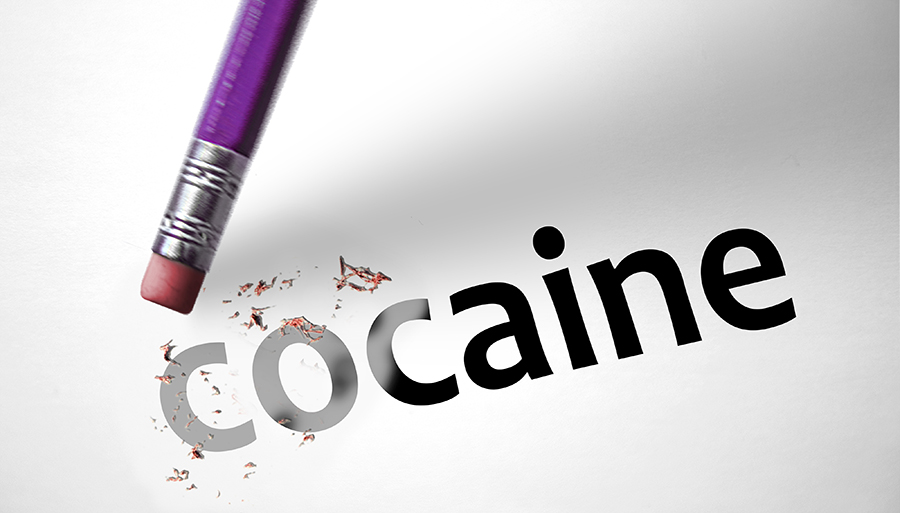Drug addiction is defined as a desire for more of a drug despite negative consequences of using that drug or drugs.
One major negative consequence of using drugs is the subsequent withdrawal syndrome that occurs when you try to stop. Withdrawal from cocaine can cause powerful, intense cravings for more cocaine. However, the “high” associated with continued cocaine use becomes less and less pleasant, and can produce fear and extreme paranoia instead of the desired euphoria it once brought. Even still, the cravings remain highly powerful.
Cocaine Withdrawal Symptoms: Causes
In a nutshell, cocaine withdrawal syndrome occurs as a result of a heavy cocaine user cutting down on consumption of or quitting the drug completely.
But here’s why: Cocaine evokes a sense of euphoria, or extreme joy, by causing the brain to release higher amounts of certain brain chemicals, specifically the feel-good chemical dopamine.
Cocaine withdrawal often has no visible physical symptoms like the vomiting and shaking that accompanies the withdrawal from heroin or alcohol. And because of that, the withdrawal from cocaine was and is grossly underestimated. Cocaine is highly addictive, both physically and psychologically, making kicking a coke habit quite the difficult endeavor.
The level of craving, irritability, delayed depression, and other symptoms produced by cocaine withdrawal rivals or exceeds that felt with other withdrawal syndromes and cocaine’s effects on other parts of the body can be very serious or even lead to death.
Cocaine Withdrawal Symptoms: Worse Than You Thought
When you suddenly stop doing cocaine or are coming off a bender, you will experience a “crash.” This crash is accompanied by strong cravings for more cocaine.
- Lack of pleasure – an inability to enjoy things the way others do;
- Anxiety
- Irritability
- Sleepiness
- Extreme suspicion or paranoia
- Agitation and restless behavior
- Depression – cravings and depression can last for months after stopping heavy use;
- Fatigue
- Generalized malaise – feeling strung out, sick;
- Increased appetite
- Vivid and unpleasant dreams
- Slowing of activity
Cocaine withdrawal symptoms include depression but, for some, may even include thoughts of suicide – known as suicidal ideation – and even suicide attempts.
Cocaine Withdrawal Symptoms: Getting Help
Fear of withdrawal is the number one obstacle for those who want help with their cocaine or other drug addiction. In fact, many people who try to kick cold turkey often end up using again or reaching for alcohol and other drugs so as to mitigate their withdrawal symptoms. Although common, this behavior will only make matters worse. First, there is the danger of detoxing alone; secondly, there is the danger of mixing substances; thirdly, there is risk for developing several different addictions to drugs.
The best option for treating cocaine addiction and the subsequent withdrawal symptoms is to undergo a medical detox program at a certified treatment center. This way, you will be kept safe and as comfortable as possible, with the aid of medications on a short term basis to help you through the difficult undertaking of kicking your cocaine habit as well as address the other aspects of the addiction through a drug abuse treatment program. Cocaine is a highly unpredictable and dangerous drug; overdose can be sudden and devastating. But there’s a chance to change and help is available. Please call toll-free 1-800-951-6135 today.
